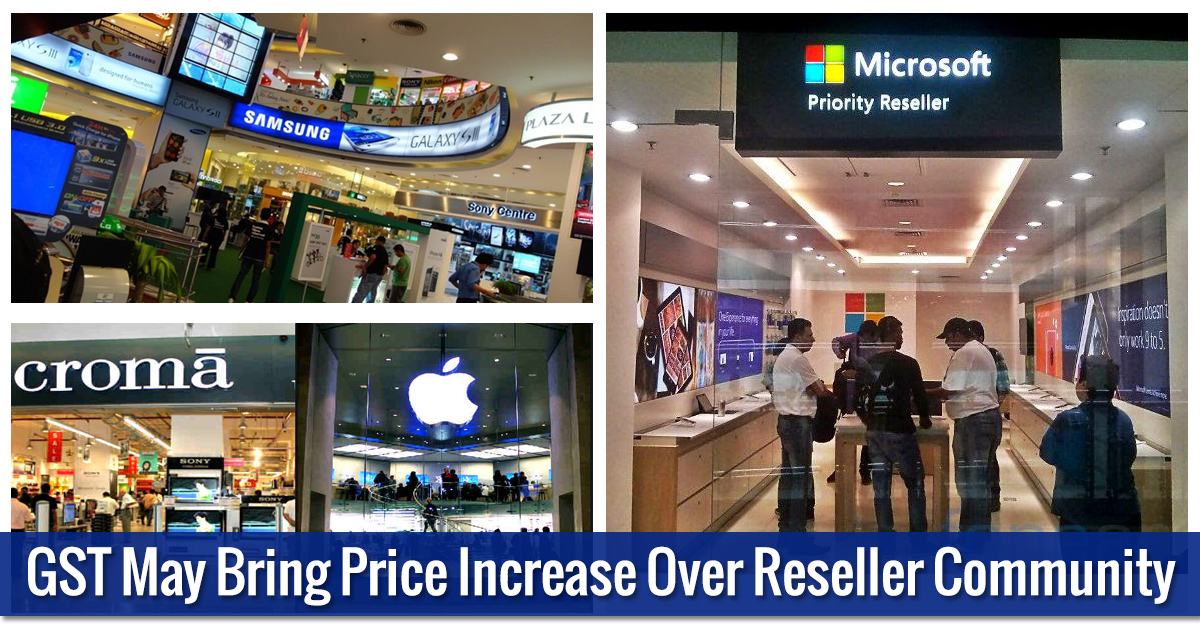The automobile has already got a set back after the ban of BS 3 vehicles recently in which the industry had to wrap off all its old stock at a drop down prices. In the next step by the government and GST council as both, the duo has proposed that the fuel price can be increased along with the increase in tax implication on second-hand vehicles.
Previously, in an exchange offer the discounted amount was not taken into the tax ambit but according to the newly proposed draft bill, it is said that taxation will consider the market value of the new vehicle while calculating the tax figures. The factor will bring down the taxpayer upon the increased amount of tax as the discounted amount will also attract the duty impose. The new reform will bring all the used card dealers and merchants into taxation while earlier there was no purview of taxation over this trading community.
Read Also: GST Impact on Mobile Phone Manufacturers in India
Priyajit Ghosh, partner, indirect tax, KPMG said that “Under the GST, dealers are likely to pass on the additional tax burden to the consumers. However, bulk buyers may get some tax credit as invoices will include the taxed amount.” Grant Thornton India partner, Biren Vyas also mentioned that “The new structure may increase the working capital of companies dealing in exchange schemes. While dealers who sell used vehicles within a month of buying them may not see the impact, delaying the process will increase working capital.”
The used and reseller market currently retails around 3.3 million units per year. In this the consumer durable and smartphones also come with the tax rise as the most of the retailers and dealers operates exchanges offers on the consumer durables and smartphone to engage the customers. A senior executive of consumer durable units mentioned that “Since the dealers get better prices for these secondhand products from third-party buyers of consumer durable items than what they get from manufacturers like us, they usually do not sell these items to us. So, it is on them now how they channelize the excess cost arising out of the increased tax under GST.”
Recommended: GST Impact on Banking Sector in India









